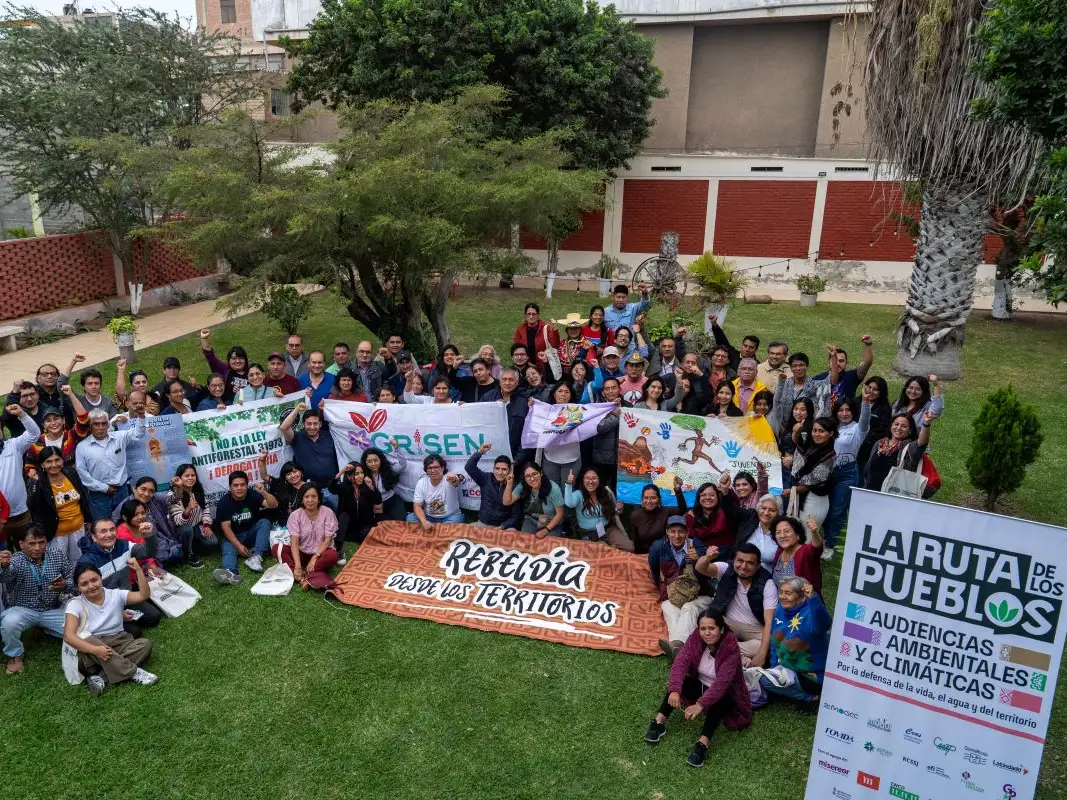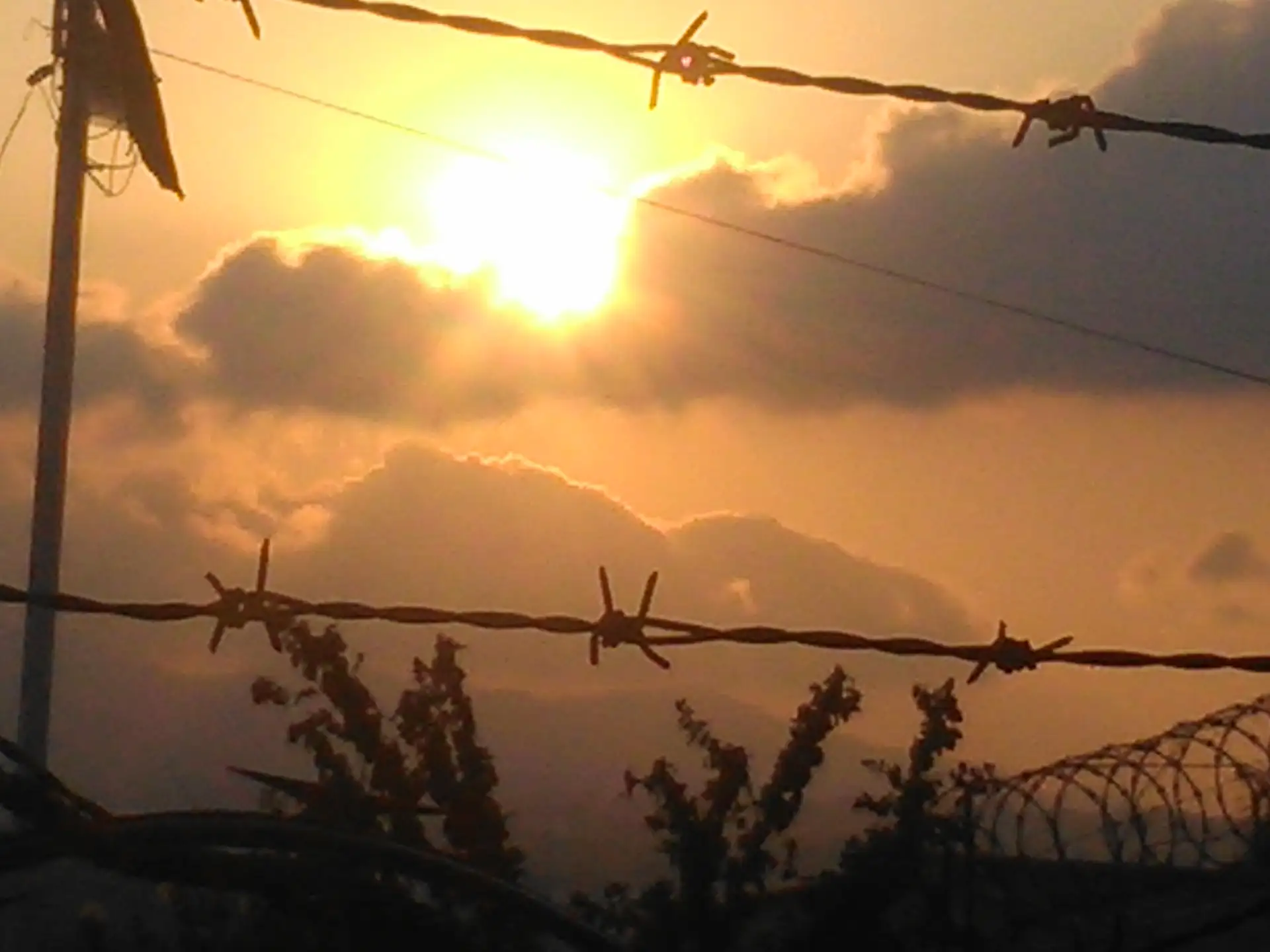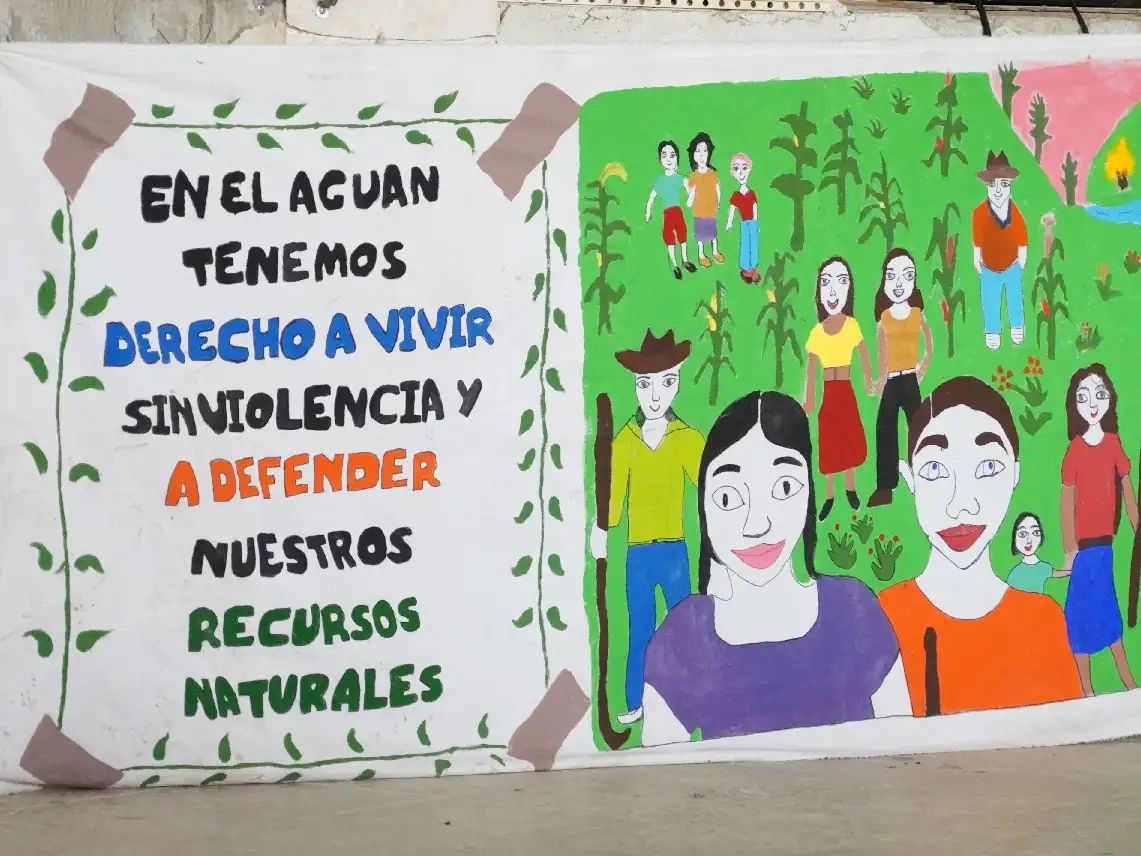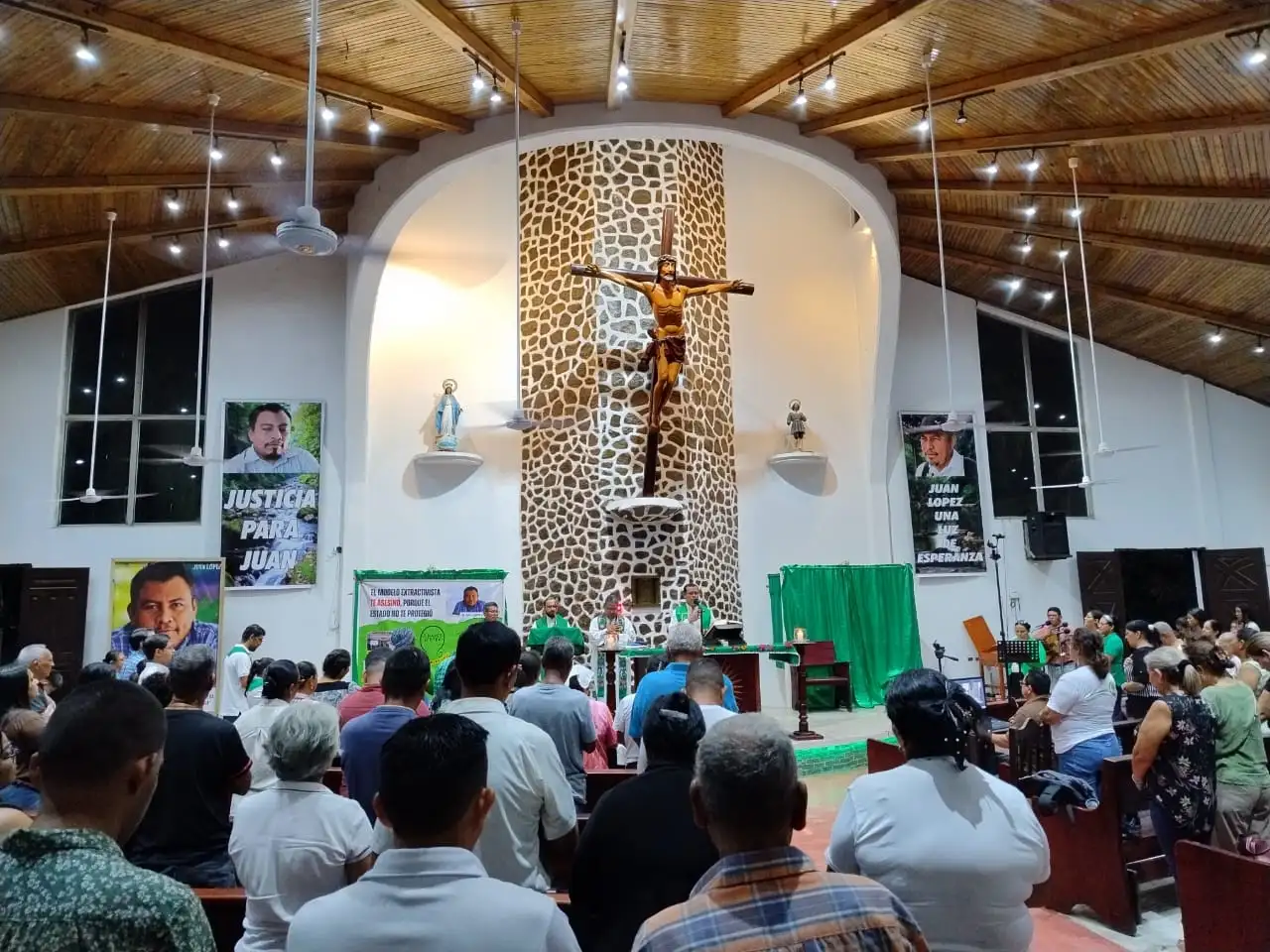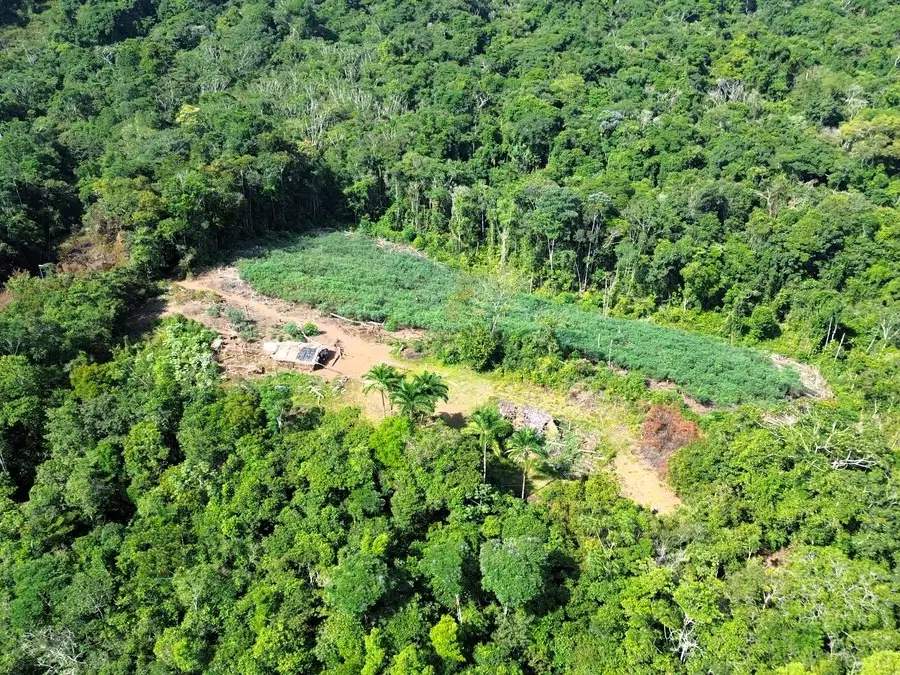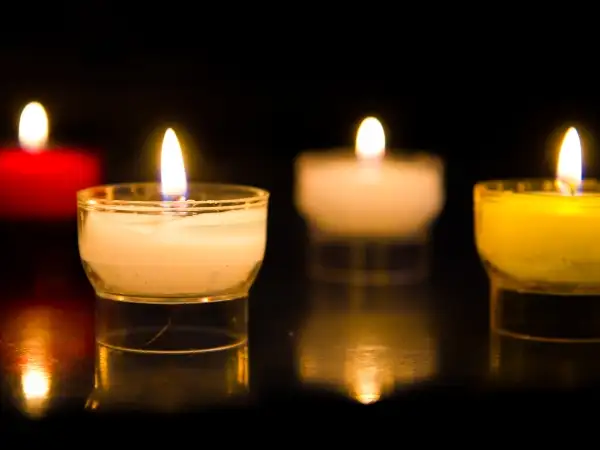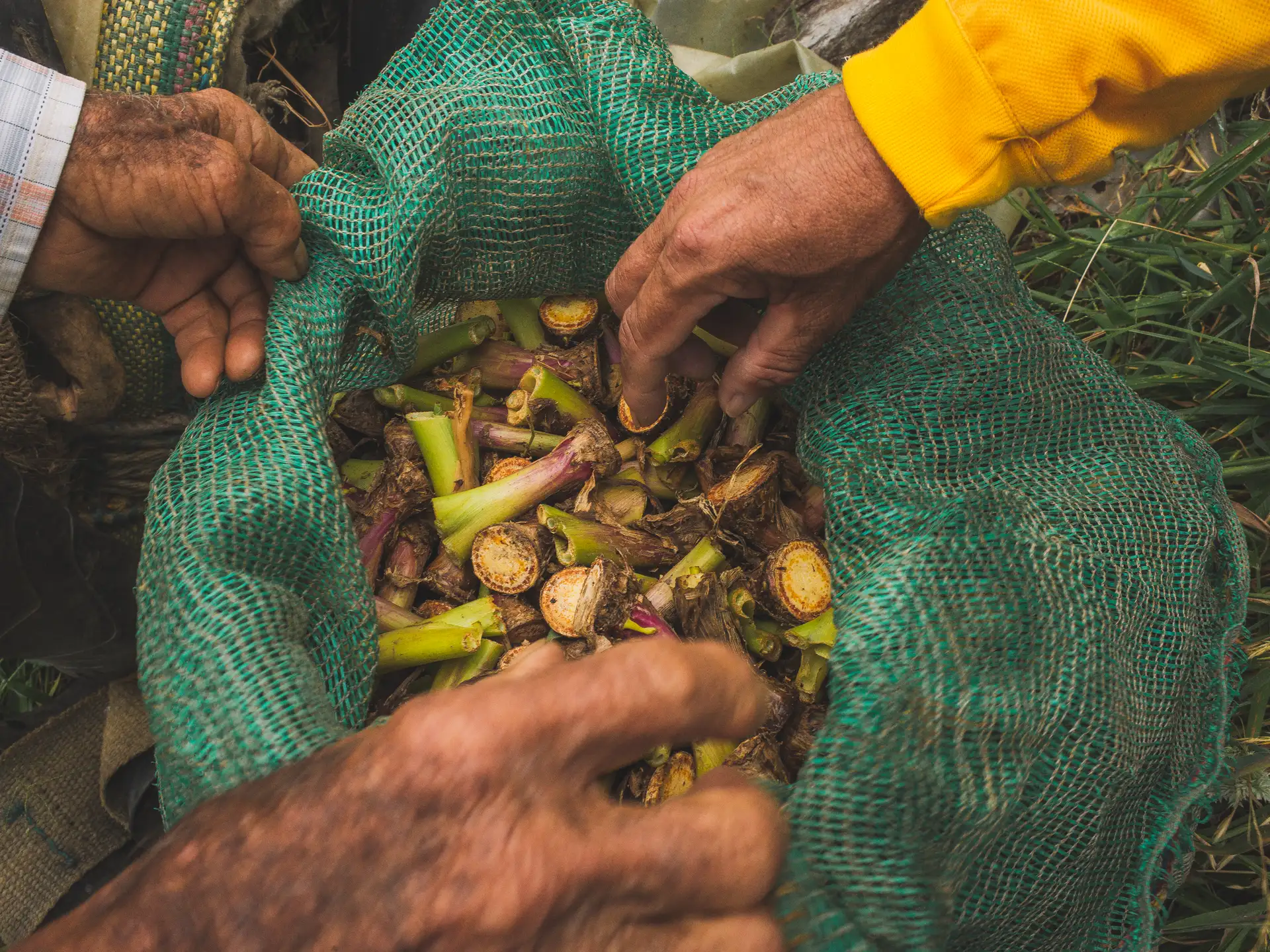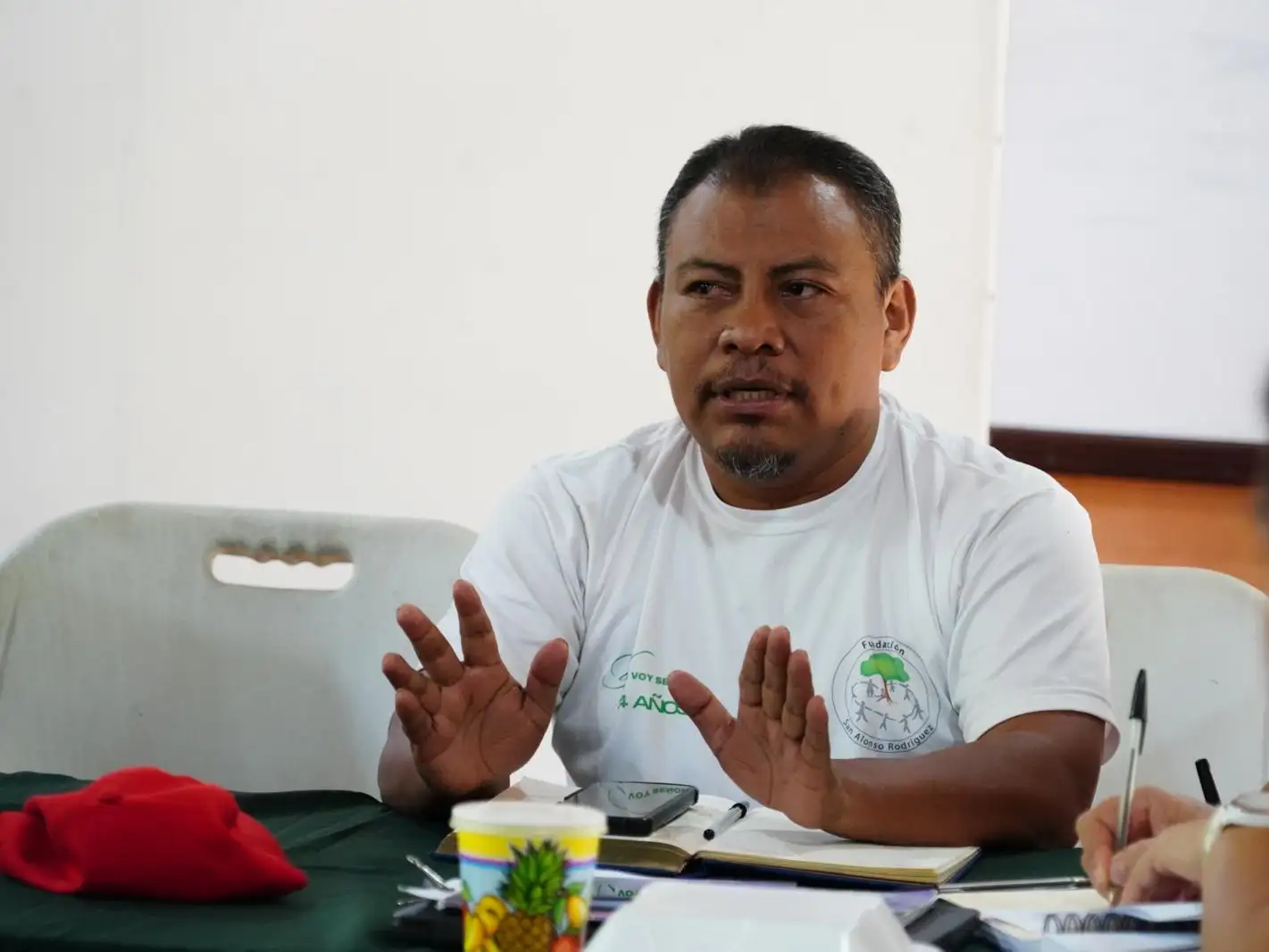

Juan Lopez, an anti-mining activist in Honduras. Photo credit: Radio Progreso
One year since Honduran Catholic leader and environmental activist Juan López was shot dead by several men as he travelled home from church, CAFOD continues to join with others in Honduras and around the world calling for justice over his death.
Following López’s death on 14 September 2024, the community of Tocoa called for an investigation into his murder and the introduction of an international independent body to guarantee impartiality and due diligence.
A year on, three men are now on trial for his murder, but preliminary hearings have been postponed several times and some in the community fear justice will be slow – at least delayed until after November’s elections.
López, 46, and other defenders have been fighting for over a decade against a giant mining project contaminating the Guapinol river, which serves about 14,000 people in Tocoa, Honduras. They are campaigning against open-pit iron ore mining in a forest reserve Carlos Escaleras National Park. The mining has a negative impact on the natural water resources of the local area, like Guapinol River.
The local community believes Juan López’s death could have been prevented, if the measures granted by the Inter American Court on Human Rights (IACHR) to López and 30 other activists a year before his death had been implemented by the Honduran authorities.
The IACHR registered numerous threats against the group – including Juan López - including from a gang member, a local businessperson and a mining company representative. In June 2024, two men on motorcycles began appearing around López’s home.
One of those he had challenged was Tocoa’s Mayor, Adán Fúnez, who is facing corruption allegations in the US as well as in Honduras. Fúnez is a strong supporter of the mine and is friends with the Honduran president. With nationwide elections due later this year, some believe the assassination was an attempt to eliminate a political threat.
The Guapinol used to be a flowing river with lush trees on either side of its banks surrounded by the green hills of the National Park. Today, the water levels are so low that rocks are exposed on the riverbed. The community, who depend on the river and its habitat, must now resort to using small wells along its banks.
Campaigners say government complicity with the mining companies has allowed the damage to the environment to continue, despite the National Park being a protected area.
Paz Redondo, CAFOD’s Country Representative for Central America, said:
"We continue to mourn the loss of our friend and brother Juan López and call for all those involved with his murder to be brought to justice. Environmental and human rights defenders protecting our common home are innocent targets in places like Honduras. In a context of corruption, impunity and state-linked violence, their persecution has become a critical issue shaping the country’s upcoming elections”
Juana Esquivel, a member of the Committee of Nature Goods in Tocoa, said:
“It is hard to know that our call for justice for the murder of Juan López is being done [by the] same institution that punished and repressed his fight, our community and group of community defenders of the Guapinol river.”
Environmental defenders face risks across the globe, but especially in Central and South America. A 2024 report from Global Witness shows that Latin American countries account for eight of the ten most dangerous countries in the world to be an environmental defender.
Notes to editors
For more information or interview requests, please contact:
Rosalind Mayfield, CAFOD Media Officer
Melissa Nethersole, CAFOD Media Officer
CAFOD’s out-of-hours media line
CAFOD is the official aid agency of the Catholic Church in England and Wales, and part of Caritas Internationalis, working with communities across Africa, Asia, the Middle East and Latin America to fight poverty and injustice, including those worst hit by climate change. The agency works with people in need, regardless of race, gender, religion or nationality.


